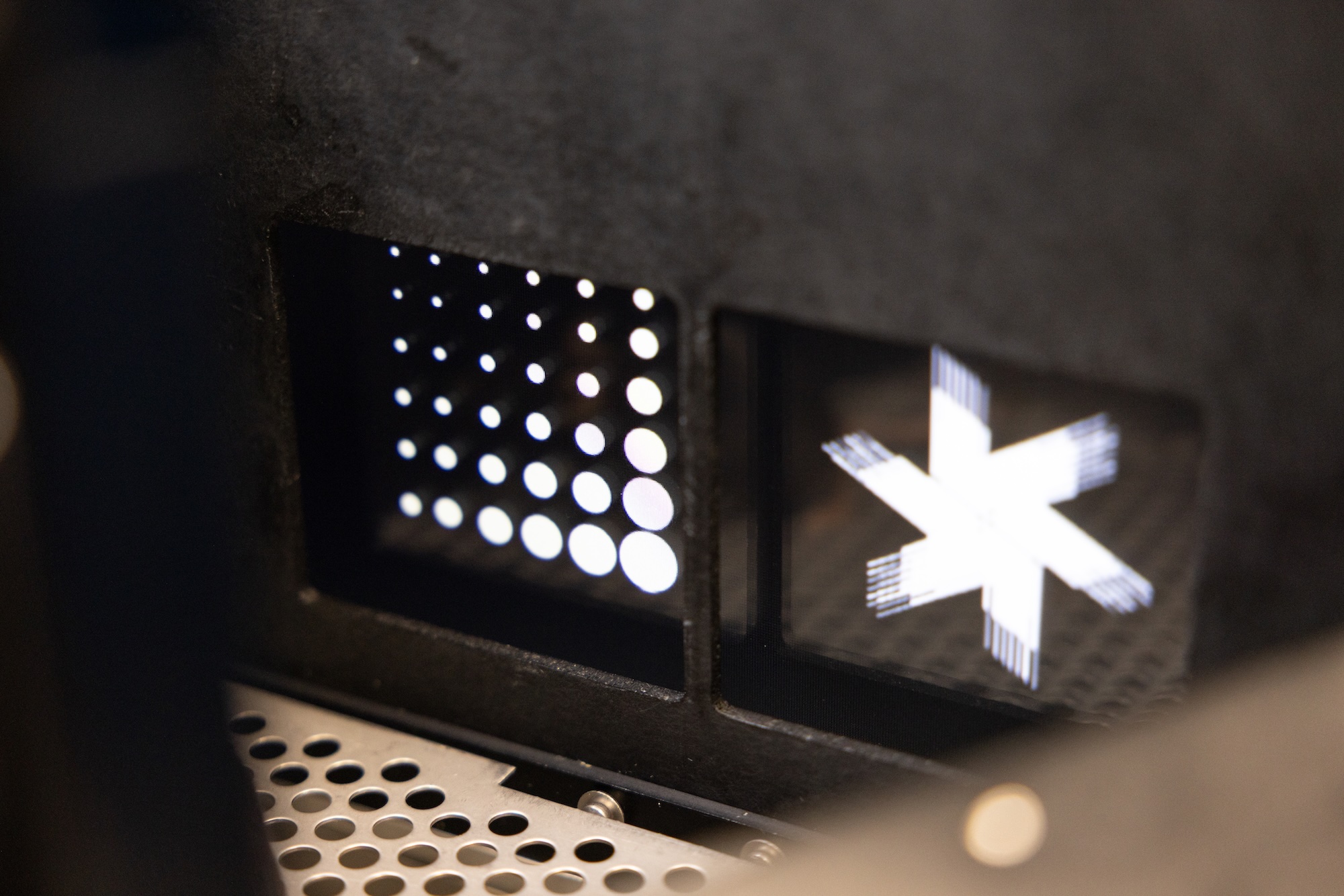Faster amyloid deposition impacts high-level cognitive function

A new study has found that preclinical models of Alzheimer’s disease that develop amyloid beta plaques earlier show reduced cognitive flexibility, the mental skill to switch tasks, rules or strategies.
Published in Genes, Brain and Behavior, the results suggest that changes in cognitive flexibility could be an early behavioural signal to track in preclinical drug testing for Alzheimer’s disease.
“We used touchscreen tasks that minimize stress and closely mirror human computerized testing,” explains Paul Sheppard, PhD, research associate at Western University and co-first author of the study. “The fast-plaque model learned the initial rule just fine, but when the rule was reversed, they struggled, capturing a flexibility problem we also see in people with Alzheimer’s and related disorders.”
Cognitive flexibility is the ability to switch between processes, like from writing an email to attending a meeting.
“In our task, mice first learn to respond to one image and ignore another,” says Vania Prado, PhD, DDS, a professor at Western University’s Schulich School of Medicine and Dentistry and the principal investigator for the study. “They can learn that initial rule quite well, but when we flip the rule, the early-plaque models have more difficulty, which points to a specific deficit in flexibility rather than learning itself.”
“Alzheimer’s affects more than memory,” Sheppard adds. “Cognitive flexibility is essential for day-to-day functioning, and declines in this skill can be profoundly disruptive for patients and caregivers.”
Future research will examine other cognitive measures of Alzheimer’s disease including attention, and explore how tau protein tangles, the other hallmark of Alzheimer’s disease, interact with amyloid to influence these behaviors.






